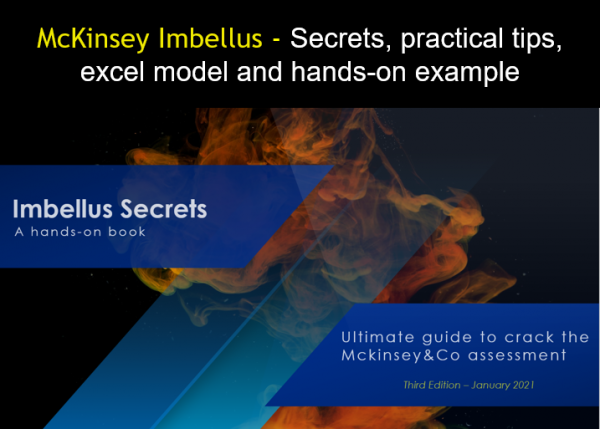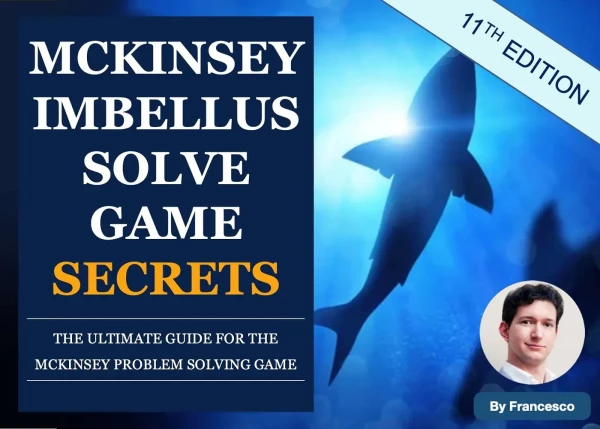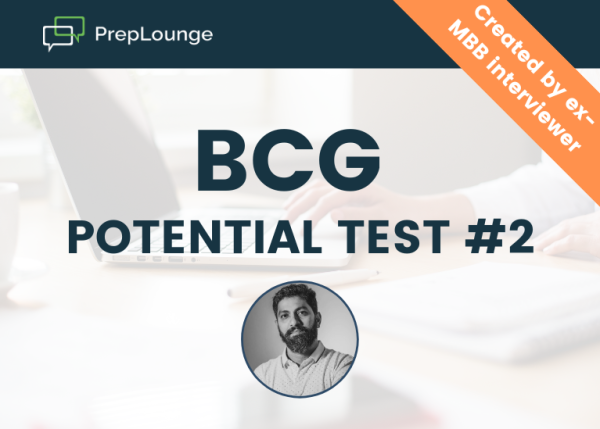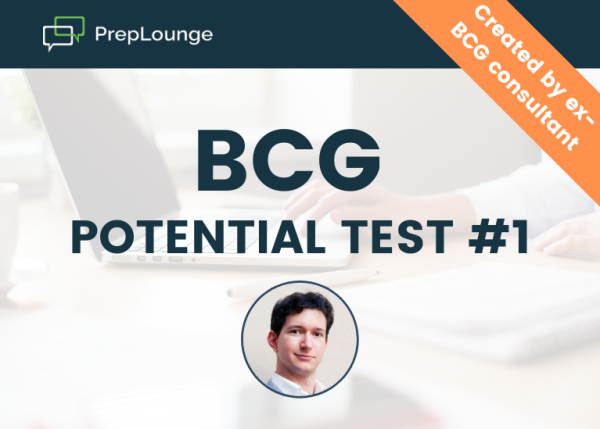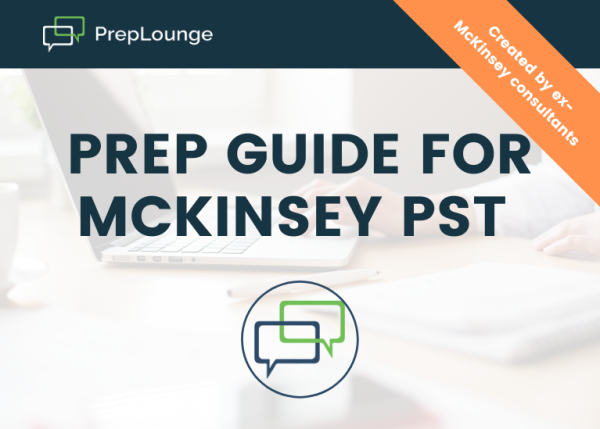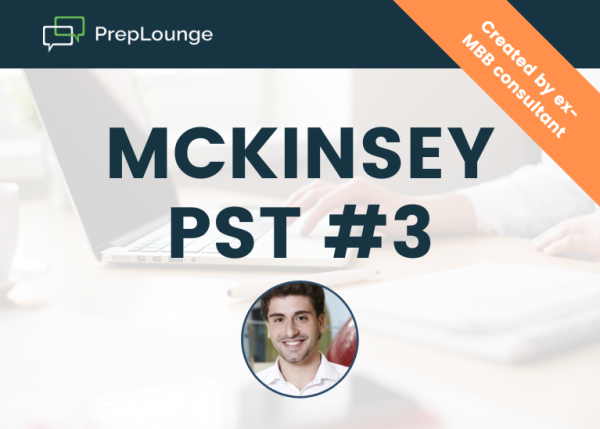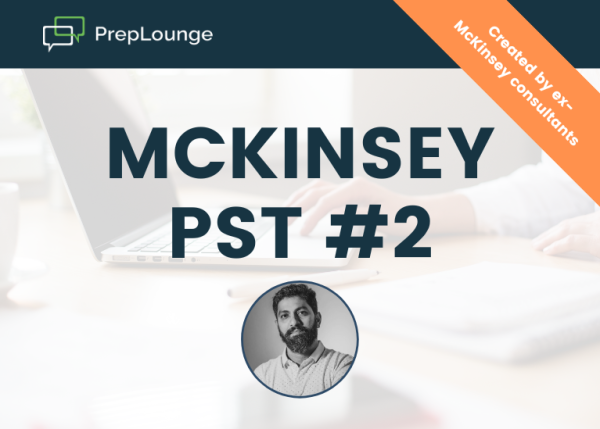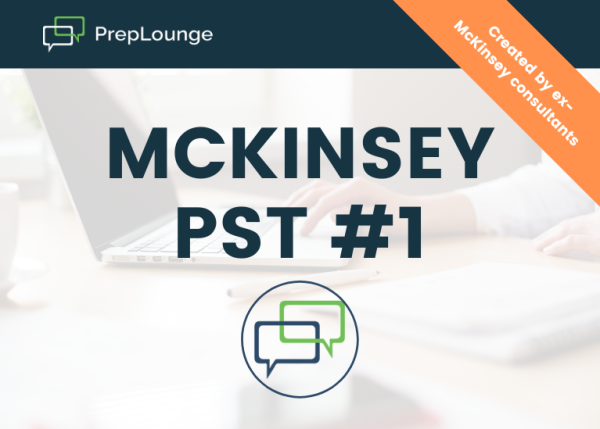I have a month for my BCG and McKinsey interviews. I have prepared in the past during the internship cycle but did not get invited then.
I got invited this time and I have a month for these interviews. What is the best way to spend my time? Is it tpp less in terms of time?
I have done 30 cases in the past (the internship cycle was in January) but feel rusty especially on quant.




